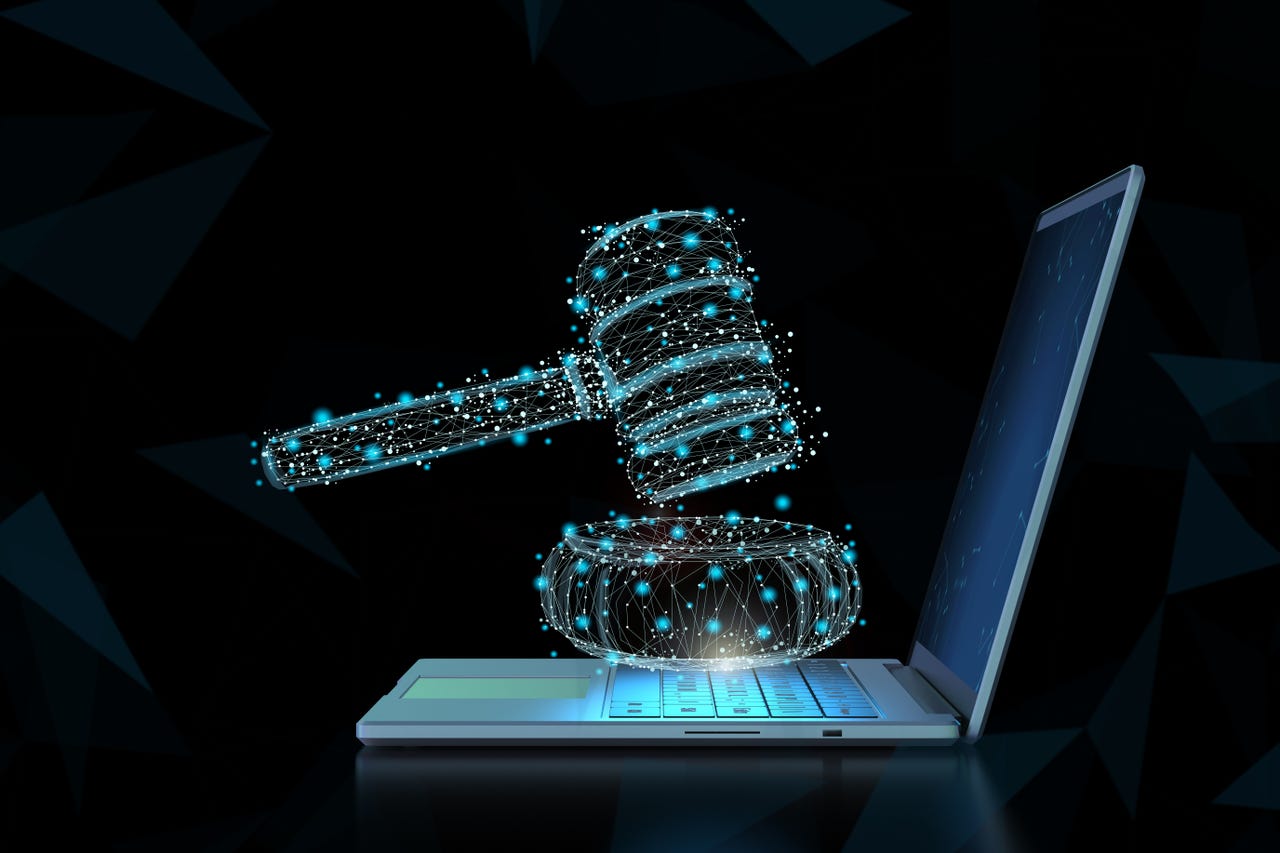Generative AI might soon face some major copyright limitations from the EU


To operate, generative AI models have to be trained on massive amounts of data typically coming from the web. The training data oftentimes includes copyrighted materials which owners have not consented to be used for AI purposes.
The EU's AI Act seeks to change that, according to Reuter reports.
Also: The 5 biggest risks of generative AI, according to an expert
The European Parliament has decided to move forward with the AI Act which the European Commission began drafting two years ago. As part of the next step, EU lawmakers and member states will have to finalize details of the bill.
According to the report, the proposals include classifying AI models according to their risk level, from minimal risk all the way through to unacceptable.
Even if a model is found to be high-risk, it will not be banned but rather, its users would need to be transparent in their operations.
Also: Want to learn more about prompt engineering? This free course can help
Most interestingly, the report shares that under a provision added two weeks ago, AI companies will have to disclose if they are using any copyrighted materials to train or develop their systems
Concerns with copyrighted AI material have been especially high since OpenAI's AI models, ChatGPT and DALL-E skyrocketed in popularity late last year.
The most evident copyright infringement occurred when artists were seeing aspects of their works in AI generated images by DALL-E, which refers back to the large database of photos it was trained on to generate a brand new image.
Also: Is this the snarkiest AI chatbot so far? I tried HuggingChat and it was weird
As AI developments continue to take place, new copyright issues arise. For example, AI-generated songs using artists' voices have been surfacing and causing concerns from both the artists and their labels.
The EU's proposed stricter copyright regulation could set a precedent for similar legislation worldwide and change the future of AI.